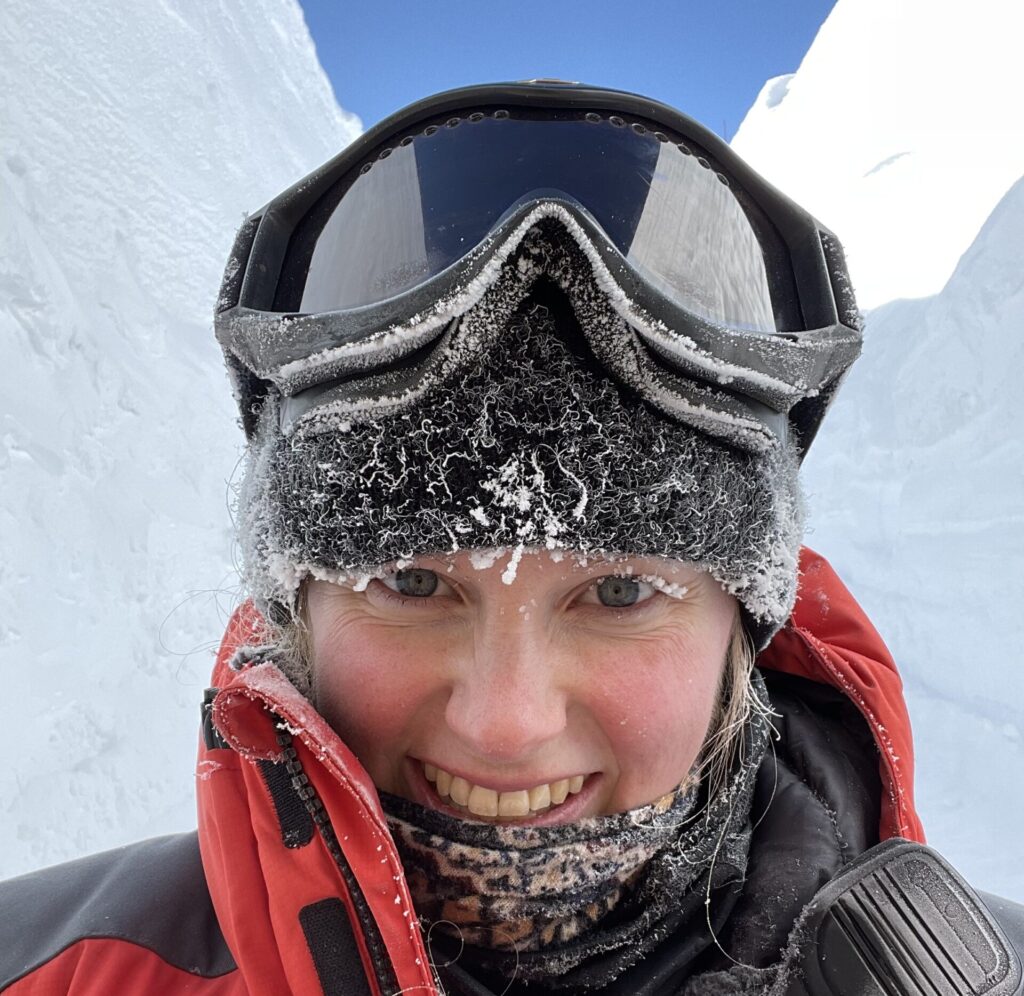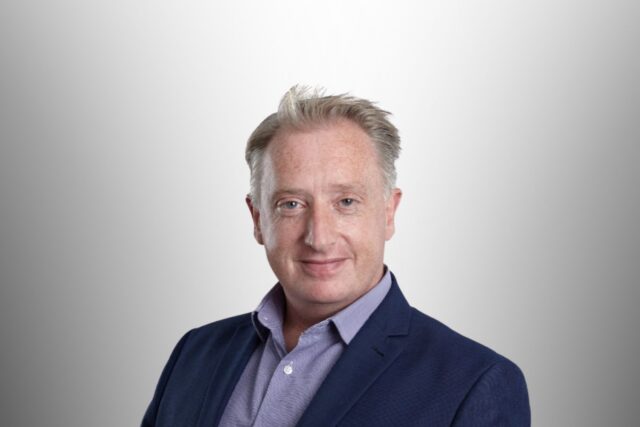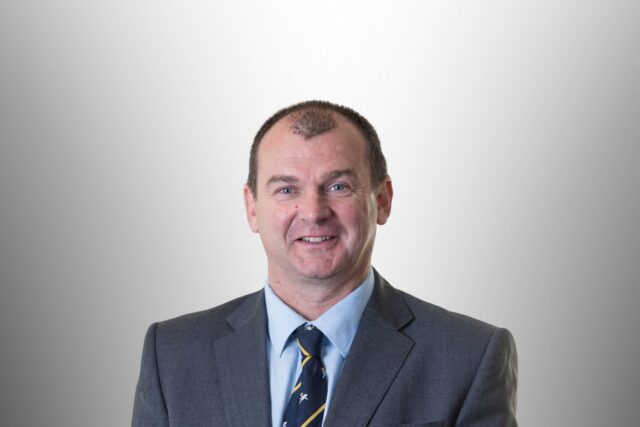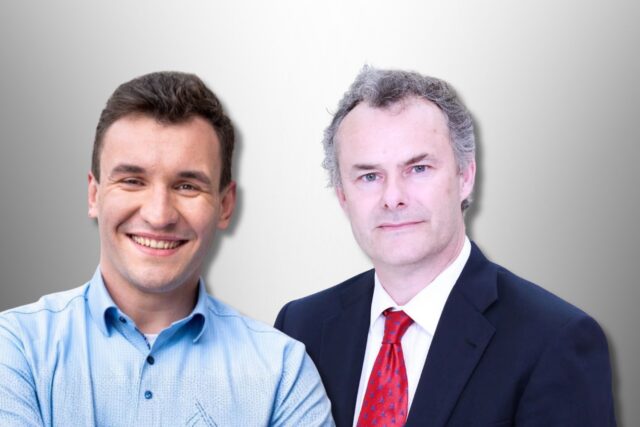Interview with an astronaut: Meganne Christian
European Space Agency reserve astronaut Meganne Christian joined the UK Space Agency as exploration commercialisation lead in June 2023. Here, she talks to Hazel King about her new role and how she hopes to encourage the next generation of space explorers
Tell us about your journey towards working for the UK Space Agency
I was born in the UK but grew up in Australia so that is where I went to university. I did a Bachelor of engineering and industrial chemistry and then I did a PhD looking at hydrogen storage for fuel cell vehicles using nanomaterials. After that I was looking for a postdoc somewhere in Europe. I found one in Bologna, Italy and so moved to Italy – it was going to a be a one- to two-year postdoc and I ended up staying there for nine years! That was working at the National Research Council as a material science researcher, and while I was there I also spent a year in Antarctica doing climate change research. That’s when I decided to apply to become an astronaut. In 2021 when the European Space Agency [ESA] opened applications for that for the first time since 2008, I applied and amazingly got through to the end and was selected. There were 23,000 applications and 17 of us were selected – I’m still surprised!
The model of the ESA is a bit different to NASA. NASA recruits far more frequently and everyone that they recruit goes and does training whether or not they’re going to get a flight in the future. ESA would like to keep up its record of everybody who trains then goes to space, so at the moment they have five flights available, so they’re training five ‘career astronauts’. The rest of us form part of the reserve which means that we continue with our normal jobs but we have to keep up our medical certification, we have to go to ESA to do certain briefings, we do outreach activities, and we wait for a potential mission in the future.
Why did your work in Antarctica make you want to become an astronaut?
I was at Concordia station which is the only international station – it is French and Italian – and it is a full year-round station. It is one of three stations in the middle of the Antarctic plateau so it is a really isolated place, at high altitude and it gets really extreme conditions. We got down to minus 104 degrees Celsius with wind chill – without the wind chill it was minus 80 degrees Celsius. There were 13 of us and we were completely isolated for nine months; if something happened to us we had to depend on each other because no one would be able to be rescued during that time.
At the same time, the ESA does a series of biomedical tests on the people during the winter there at Concordia – it is called ‘white Mars’ because it is similar in many respects to what a long term missions to Mars might be like in terms of isolation and lack of oxygen – so I learned a lot about ESA while I was there. I learned about living in an extreme environment and I have this sense of adventure, and what is the next adventure after spending a year in Antarctica? Space came to mind! I also learned a lot about myself, about my limits or where I thought I had limits but perhaps didn’t. And I learned about technical skills that I thought I wouldn’t be able to pick up but did, so that gave me a the confidence to apply to become an astronaut.

Meganne spent a year at Concordia station in Antarctica, which fueled her desire to become an astronaut
Have you always been interested in the STEM subjects and were there any barriers for you being a female in what is typically a male-dominated environment?
I never felt restricted while I was a school. I had many different ideas about what I wanted to be – for a while I wanted to be an actor or an architect or an artist – but I was always fascinated by space. Growing up in Australia, there was no space agency at that time so I didn’t think that was a career for me. It was probably my dad who encouraged me most into science because he is a scientist himself. I didn’t feel like science was something that I couldn’t do because I’m female, but there were certainly hints that it was still a male-dominated field. For example, maths. I love maths, it was my favourite subject but in the extension maths class I did in the last year of school I was the only female. Then I decided to do an engineering degree and I have to say, while I was oriented towards sciences, I wasn’t necessarily oriented towards engineering, and I think that was because ‘that’s not what girls do’ – that was still perpetuated at the time. However, looking into the courses and the programmes there were convinced me [to pursue engineering] and with the scholarship I had I could do a number of industrial training placements.
How much outreach do you do now to encourage the next generation into STEM?
I’m in the exploration team looking at the exploration commercialisation, but a big part of my role is outreach as part of the inspiration team. I go along to events and schools to really try and encourage the next generation to get involved in space as well as STEM in general. That is hugely important for girls and boys but perhaps more for girls – we’re still talking about this in 2023 so it is important to make them aware that it is something thy can definitely do.
I’m in a privileged position to be able to get the word out to a lot of people. Kids are fascinated by astronauts so that is a good starting point – being a role model and talking about my career and what I’ve done, and what might not necessarily be a traditional career path, is a good way to make them aware of the different option that are out there. We also do a lot of activities with kids – we show them different artefacts from space, we let them try on replica space suits, and there is also the Space for Everyone rocket replica tour that is going around the UK at the moment. Seeing a big rocket in the middle of your town really brings home that here in the UK this is a career path you can take.
How important is the commercialisation of space and will space travel become commonplace?
I think the landscape is really changing now. After 2030, the International Space Station will be decommissioned, and we are really in a moment of deciding what will happen after that. We need to continue to do science and research in low earth orbit because it has provided so many benefits in terms of biomedicine, manufacturing, many different industries, and these are all things that can be commercialised. There are several commercial space stations that are already being planned and built, so what is that going to look like? Are there only going to be commercial space stations in orbit, or will there still be national and international space stations? How do we provide access to businesses to use those? These questions are all being asked. And then of course there is space tourism, providing access to space for more and more people.
What impact will space commercialisation have on sustainability and zero carbon goals?
I think we must be really careful. It would be very easy to just have a negative impact, so we must be very careful in the way we do it in terms of sustainability on Earth and in space – there are problems with space debris and so on – so we have to be very careful about the way that we do it. At the same time, we can recognise that space is what started the sustainability movement on Earth with that picture of Earth rise from the moon. That really brought home at the time that we are all in this together, this is our Earth and this is all that we have. There is this thing called the Overview Effect – when people go into space, they have quite a changed perspective on how they feel about the Earth and how they feel they need to protect it, and so I think tourism can have this benefit, but we must be really careful about the way that we do it.
Subscribe to the FINN weekly newsletter
















